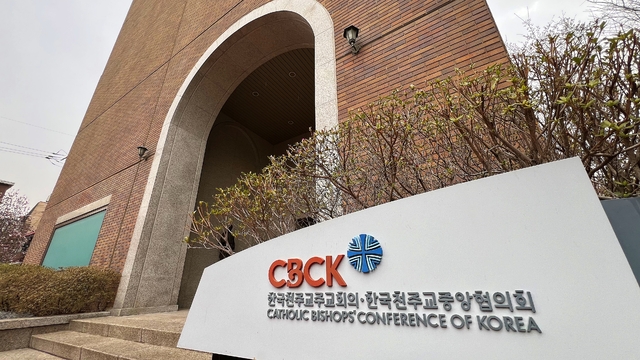A grid of 43 questions on the hottest topics under discussion in the country. The Episcopal Conference of South Korea sent it to the political forces because of the expected vote for the renewal of the Legislative Assembly, scheduled for April 10.
The questions are on major issues such as work, national reconciliation, social assistance, bioethics, the protection of the ecological environment, women, commitment to justice and peace, and youth policies.
There are also questions on very specific issues such as the abolition of the death penalty, the much-discussed issue in the country on the discharge of contaminated water in Fukushima, the hypothesis of prolonging the years of activity of nuclear power plants, the special commission of inquiry into the deaths in Itaewon crowd.
The initiative is part of the Korean Church’s actions to promote the importance of political commitment. Once the deadline for sending the responses expired on March 28, the Episcopal Conference released the responses received from 3 of the 4 parties in the running: the conservative People Power Party (PPP) of the current president Yoon, and two of the opposition forces: the Democratic Party of Korea (DP) and the Green Party Korea (GPK).
However, no response came from the Reform Party. Now the secretariat of the Episcopal Conference – in addition to publishing these documents on its website – has also sent them to each diocese and will be able to use them to verify the policies of the candidates for the National Assembly running in their respective electoral districts.
When asked whether they agreed to abolish the death penalty, Green Party Korea responded that they “strongly agreed”; The Democratic Party of Korea is also in favor, while the People Power Party has taken a much more cautious position.
No executions have taken place in South Korea since 1997, but there are still 9 people sentenced to death for murder in prison. Strong differences have emerged on energy policy, with the People Power Party in favor of the construction of a new nuclear power plant in the country and the other two political forces against it.
As for the issue of Fukushima water, the government party maintains that it is now impossible to stop the discharge by Japan and rather underlines the importance of monitoring whether the process occurs safely by international standards, strengthening controls on marine areas and fish products.
Opposing positions also emerged on the so-called Yellow Envelope Act, the law that protected subcontracted workers by also guaranteeing them the right to strike.
The Democratic Party and the Green Party said they were in favor of the reinstatement as well as the need for a more detailed investigation and in-depth analysis of the Itaewon disaster, which cost the lives of 158 people in the crowd on the night of October 31, 2022.







